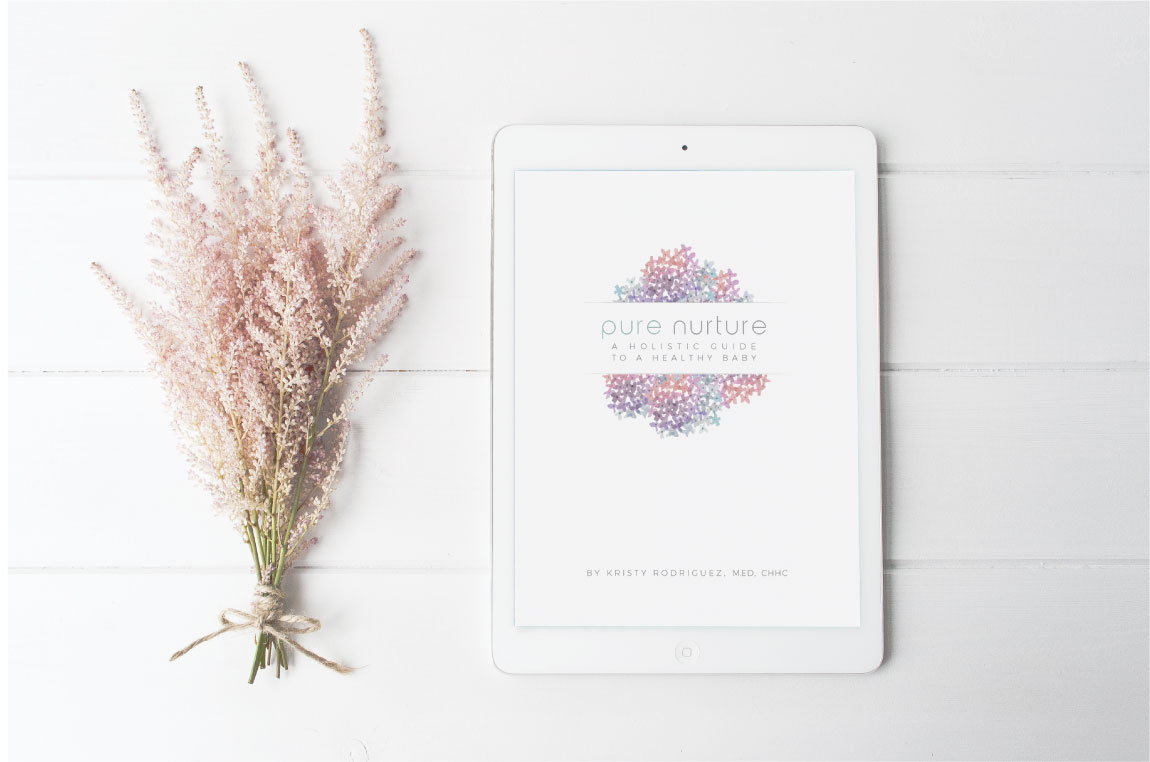What are some suggestions for practical ways that women can help a mom friend who is struggling with postpartum depression (e.g., running errands, helping with childcare, etc.)? How do these favors benefit her?
- Stay in touch. When a friend is struggling with postpartum depression they may begin to pull away and become distant. Even if they don’t reach out to you, be sure to stay in touch with them. Call, text and make plans to visit with them. Let them know you are thinking of them, that you care and that you are there for them. As you support them in this way, be sure it is not pushy or suffocating. Check in with them in a relaxed and loving manner.
- When you make plans, be sure it is something your mom friend is willing to do. If they’re not ready to go out just yet, offer to visit her at her home or ask her if she’d like to bring her baby and stop by your place for a visit. Even if she is resistant, meeting up with a friend, talking, connecting can be very helpful. One side note, if you are going to her place to visit, be sure to tell her not to clean up before you come. It can make moms feel more stressed thinking that they need to prepare food, clean up the house, etc. Let her know you expect a mess and you’ll be in charge of brining some snacks and drinks. In fact, you could even offer to help clean up while you’re there.
- Offer to run errands for your friend. Being a new mom is overwhelming, however being a new mom with postpartum depression takes that overwhelmed feeling to another level. Offer to pick up groceries, dry cleaning, dog food, diapers, etc. Any little thing you can do to shorten her “to-do” list will be extremely helpful.
- Help with the kids. If she has older children, offer to take them to the park. When you go over to visit, offer to hold the baby and care for the baby. You could offer to come over to visit the baby while your mom friend takes a nap. A little bit of alone time can be extremely supportive. If you can take her kid(s) for an hour or two, she will have time to herself to take a nap, watch a movie, go for a walk etc.
- Most importantly, ask her what she needs. Ask her what would be the most supportive for her. Sometimes what a woman needs most is alone time. Although most of my suggestions are related to connection, sometimes being alone can be extremely healing. Too much alone time may not be healthy and can lead to further suffering, however, there are times when a new mom, especially an introverted mom, needs to be alone.
These are some of the practical ways that you can help a friend that is struggling with postpartum depression. The biggest obstacle is having your friend allow you to help her. It’s very hard for women to ask for help. It’s also a challenging for women to accept help that is offered. However, once your mom friend realizes how important it is to be supported by loved ones, it will be easier to give her the help she needs and to more easily move through and past the struggles of postpartum depression.
Other ideas:
-Bring them meals or send them a meal delivery service.
-Help them clean, do laundry or hire someone to help them around the house.
-If you have the resources and they are interested, hire a postpartum doula.
- What are some ways to offer emotional support to a friend suffering from PPD?
- Listen. There isn’t anything you need to “fix” in terms of her feelings. When it comes to the different emotions she is having, it’s helpful to have someone to talk to. Someone who will listen free of judgment or insensitivity.
- Ask supportive questions as she shares with you. Ask caring questions that will allow her to share more. Be sure to avoid judgmental or critical questions. Let her know you are there for her. Just knowing someone is thinking of you and caring about you is supportive.
- Send her a cute or funny card in the mail.
- How can a woman spot the warning signs in a friend that may have PPD? How can she distinguish basic blues from this more serious condition?
This can be extremely difficult to determine. I had postpartum depression, yet no one, including my husband knew. So much of my suffering was below the surface, being expressed in in mental and emotional ways.
The signs and symptoms can be physical, mental and emotional. As a friend, it’s important to stay connected and ask questions. Use your intuition and look for subtle signs that will can help you determine if your friend is suffering. Since the signs can be subtle, it’s important to stay in touch and notice anything that seems different or “off”.
Some of the most common signs of postpartum depression are:
- EMOTIONAL: Depressed mood. Extreme mood swings. Frequent feelings of defeat, frustration, sadness and/or anxiety. We all have ups and downs, however the feelings may be stronger and the swings more extreme.
- MENTAL: Thoughts come and go, and usually it’s about the day to day, the to-do list and what’s for dinner. However, sometimes thoughts can become troubling and intense. One of the symptoms that troubled me the most was my fear of dropping my baby over the second floor railing. I would run from my bedroom to her nursery clutching her tightly as fear gripped my body. My thoughts turned to the ease in which I could easily drop her over the railing. I never believed that I would actually do it, but the thought of how easily it could be terrified me. Different thoughts like these happened often. If your friend is having scary thoughts that include potential harm to yourself or your baby, seek out professional support.
- PHYSICAL: Fatigue. Loss of appetite. Overeating. Difficulty sleeping. Wanting to sleep all the time. Lack of enjoyment in activities your friend normally enjoys. Withdrawing from friends and/or family. Difficulty bonding with baby.
- What advice would you give to a woman whose friend seems to have stopped communicating since having her baby? What are some effective ways to reach her?
If your friend has stopped communicating, don’t give up on her. Continue to reach out to her via phone, text, email and snail mail (sending an old fashioned greeting card or note is always a nice surprise). If you are really worried about her, you may want to reach out to her partner or other loved ones and ask about her well-being and if there is anything you could do that would be helpful. It’s important to support her in a gentle loving way. Avoid being pushy or overzealous. If a woman feels the support being offered is too intense, she may pull away even more. It is a fine line, and one that can be hard to distinguish. For this reason, it’s important to listen to your heart and your intuition. Ask questions in a respectful and kind way.
- What are some things you never say or do to a friend who is suffering from PPD?
- Never negate her feelings or what she’s going through. Even if you don’t understand or agree, her feelings are hers and it’s important to honor them and be supportive. For example, you would never say, “It’s no big deal. You’ll be fine. You just need to get over it.” Or, “You have a beautiful new baby, what do you have to be depressed about? You should be happy.”
- Avoid the word “should” in any sentence. A woman dealing with postpartum depression can feel overwhelmed and guilty about how she is feeling and her new role and responsibilities. Telling a woman that feels this way about all the things she “should” or “shouldn’t do” can feel like pouring salt in a wound. It’s best to steer clear of the words “should” and “shouldn’t”.
- Never talk about how what is happening to her is affecting the baby. Sometimes people think this will help the mom to feel better is they realize how their mood is affecting the baby. This will not help. It can actually have the opposite effect. This will just add more guilt and distress to the mom.











